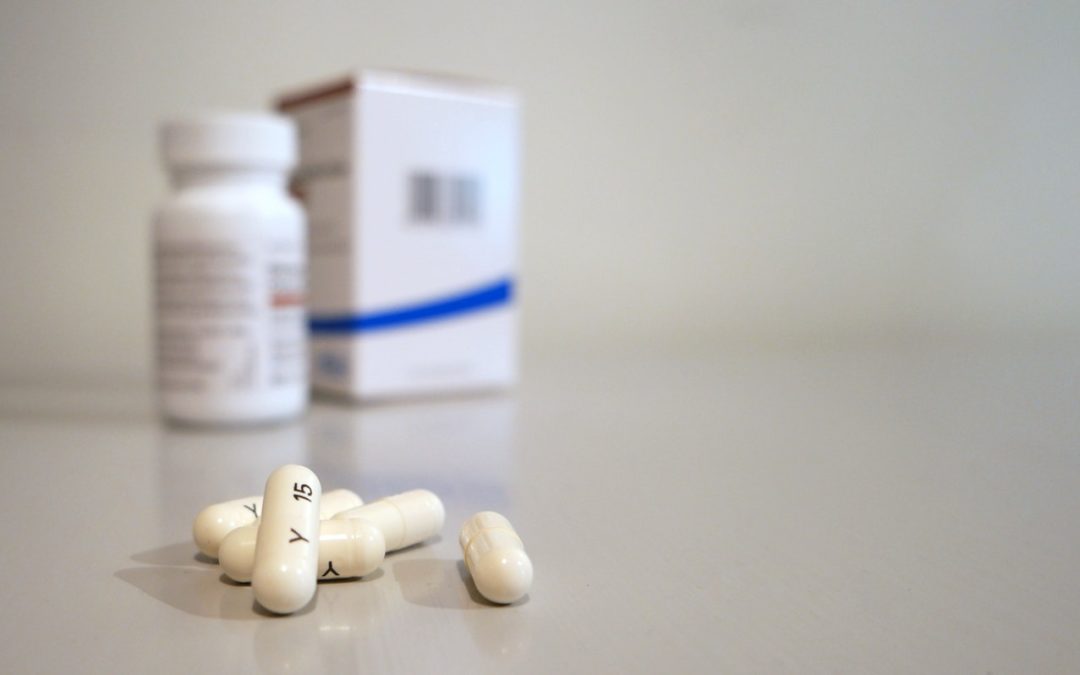Opioids are highly addictive and increasingly easy to obtain, so more and more people across the nation are struggling with substance use disorders. New research from the National Institute on Drug Abuse finds that the opioid epidemic may have a disastrous effect on teens.
Prescription Opioid Abuse Linked to Heroin Use
The NIDA study examined over 3,000 students throughout the Los Angeles metropolitan area. In their survey, they asked high schoolers about their drug usage. Roughly 100 students reported that they had misused prescription opioids. This included taking medication that was not prescribed to the student or taking prescribed medications in a way not recommended by the doctor. At the time, none of the students had tried heroin.
The study then did a follow-up survey almost four years later. This survey found that seventy students used heroin. Many of the heroin users were those who had used prescription opioids in the past. An analysis of the data indicated that those who abused prescription opioids were 13 percent more likely to use heroin. Even those who used alcohol, cannabis, or other non-opioid drugs had far lower heroin usage rates.
Reducing Prescription Opioid Availability May Have a Positive Effect
Altogether, the study data shows that teens who misuse prescription opioids are six times more likely to end up using heroin than their peers. Recognizing that teen opioid abuse is a major risk factor can help us take a step towards combating the opioid epidemic. Many teens report getting prescription opioids through a parent, a friend, or a doctor.
These medications are often prescribed to teens for sports injuries, wisdom tooth removals, and other similar procedures. Teens can then trade them to friends or hoard their prescriptions to use in an extra-high dose. Many teens also report obtaining prescription opioids by taking them from a parent or other family member with a valid prescription. Taking steps to shut down these avenues for opioid exposure may help protect teens in the long run. Parents are encouraged to secure any opioid medications in a place where the rest of the household cannot access them. Doctors are working to provide non-opioid painkiller alternatives, so parents should discuss these options if their child requires any surgeries.
